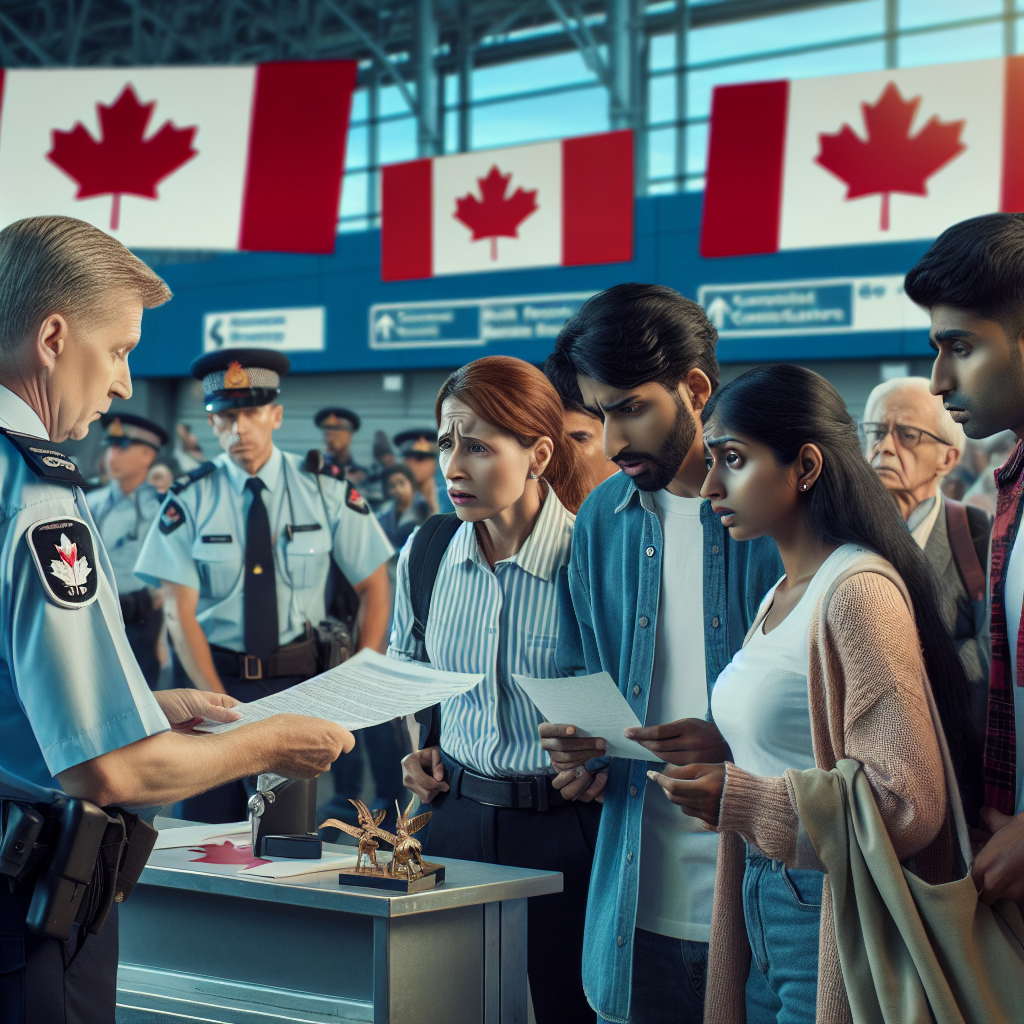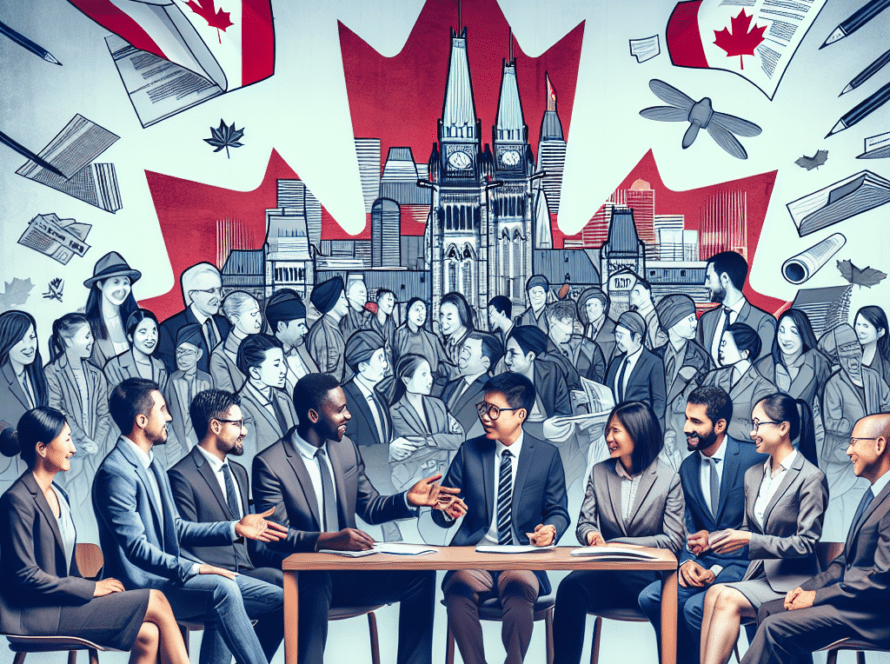Canada Strengthens Visa Rules to Combat Fraud and Illegal Crossings

Canada’s Immigration Policy Shift: Navigating Geopolitical Pressures and Security Concerns
In 2024, Canada’s immigration landscape underwent significant changes, primarily influenced by mounting political pressure from the United States and a notable uptick in instances of visa fraud. Internal government documents have unveiled that Ottawa proactively communicated to the Trump administration its intensified efforts to curb illegal crossings, particularly those involving individuals from India and Bangladesh.
Key Developments in Immigration Strategy
Faced with escalating trade and security tensions, Canada initiated a comprehensive strategy to reinforce its border controls. This included a crackdown on visa fraud and a strict approach to unauthorized travel from countries deemed high-risk. Key points from the government’s internal briefings illustrate the urgency and focus of these changes:
- Over 2,000 individuals from India and Bangladesh were denied boarding flights to Canada due to fraudulent visa applications detected.
- Visa issuance processes for travelers hailing from high-risk nations were tightened significantly in mid-2024.
- Canadian authorities reported a decline in illegal crossings into the U.S. as a direct result of these newly implemented controls.
Moreover, Canada’s initiatives were not merely reactive; they were also strategic, aimed at alleviating U.S. trade threats. In a bid to mitigate the impact of potential tariffs on Canadian goods, Canada showcased its commitment to enhanced border security measures, despite the U.S. moving forward with tariffs regardless.
A Shift Towards Security-Led Immigration Processing
The implications of these changes extend beyond immediate border security concerns. Canada’s immigration policy appears to be leaning increasingly towards a security-centric model, particularly affecting visa applications from countries like India, Bangladesh, and Mexico. The new framework introduced:
- Focused screening mechanisms for visa applications from regions identified as high-fraud-risk.
- More rigorous background checks informed by intelligence and border data.
- A diplomatic effort to communicate enforcement actions to international allies.
This shift indicates a notable transformation in how Canada prioritizes security within its immigration processes, reflecting a broader trend wherein immigration policy is increasingly leveraged as a tool in international diplomacy.
Insightful Analysis: The Interplay of Immigration and Trade Diplomacy
The intersection of immigration control and trade diplomacy underscores a complex relationship between national security and economic interests. Canada’s response to U.S. demands highlights how border policies can serve as a bargaining chip in international relations, particularly during times of heightened geopolitical tension.
While Canada remains a favored destination for skilled immigrants and international students, the stringent measures reveal a landscape where legitimate travel is increasingly scrutinized. As security concerns loom large, prospective travelers and immigration applicants can anticipate a more rigorous evaluation process, which is likely to persist as global diplomatic dynamics evolve.
Conclusion: A New Era of Immigration Controls
The revelations surrounding Canada’s visa crackdown and its implications for immigration policy signal a recalibrated approach to border security and international relations. As the Canadian government seeks to balance national security priorities with its commitment to welcoming immigrants, the future of its immigration system will likely be shaped by ongoing geopolitical pressures. For those looking to navigate this landscape, understanding the nuances of Canada’s immigration policies is essential in an era where diplomacy and security are inextricably linked.



